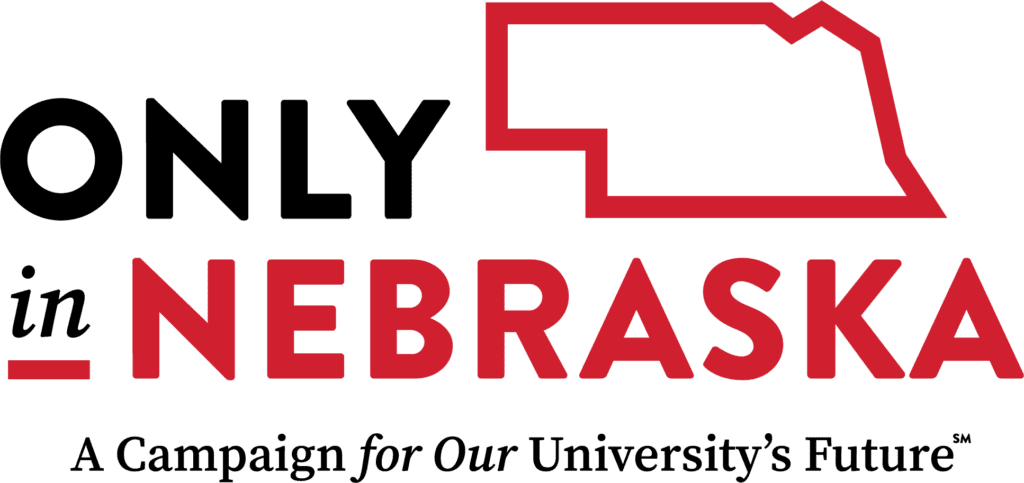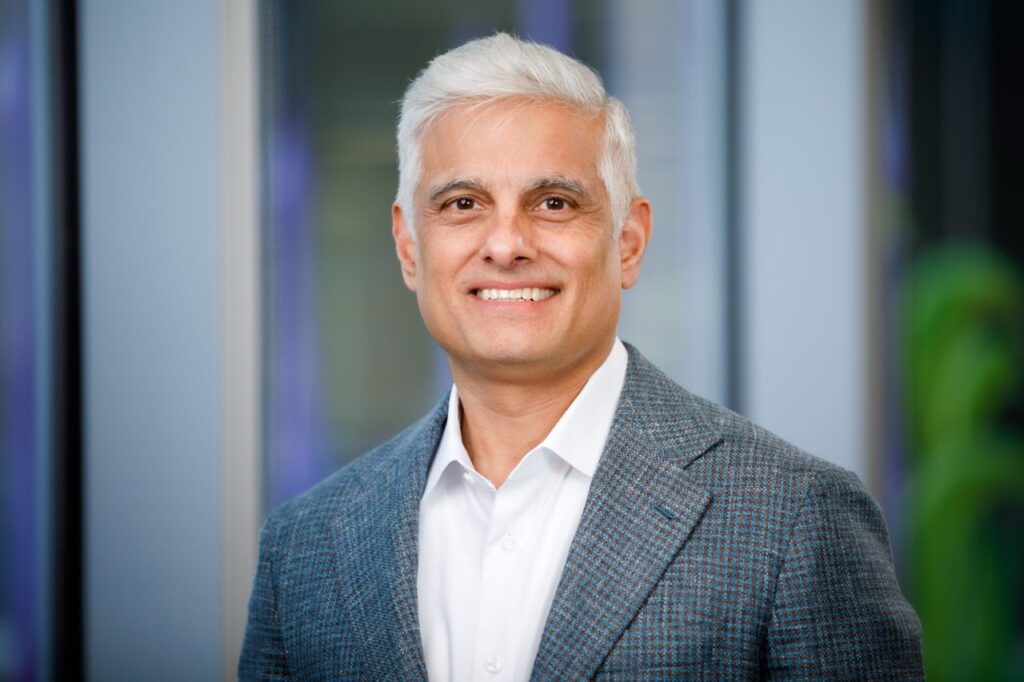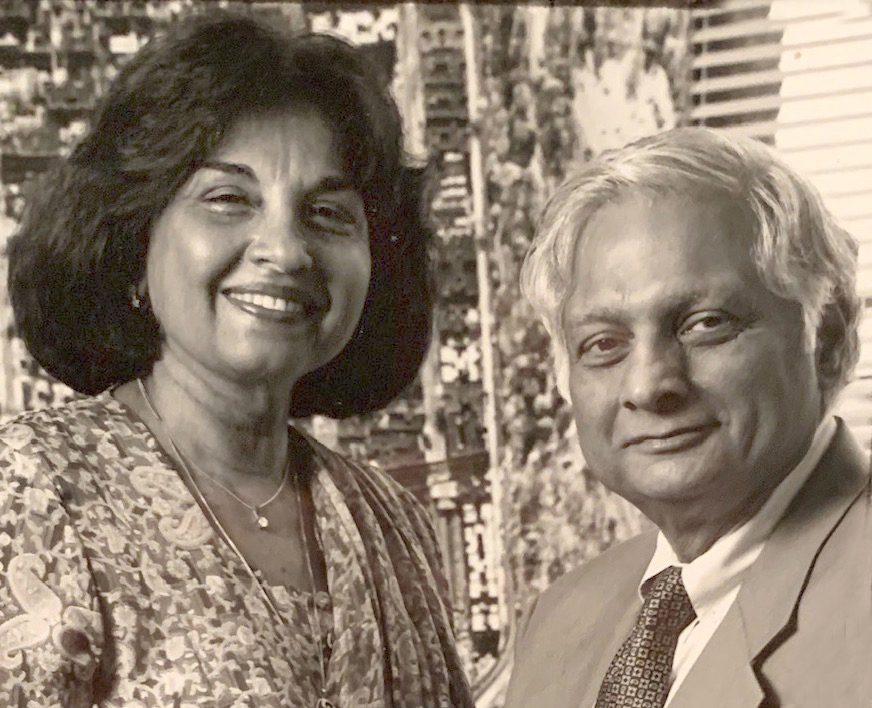The cause is also personal for Hingorani. His father, Ram Hingorani, was diagnosed with pancreatic cancer in 1998. At the time, Sunil Hingorani was a clinical fellow in gastrointestinal oncology at the Dana-Farber Cancer Institute in Boston. He took a leave of absence to go home and care for his father, who died a few months later.
“I lost my father, the kindest, wisest man I have ever known,” Hingorani said. “My mother lost the love of her life.”
The experience drove him to pursue pancreatic cancer research.
“Every patient I take care of is like taking care of my father all over again,” he said. “This is personal. And you know what, it’s also about settling a score.”
Before coming to Nebraska in May 2022, Hingorani was a professor and endowed research chair at the Fred Hutchinson Cancer Center in Seattle. He came to the Fred & Pamela Buffett Cancer Center with the stated goal of finding a cure for pancreatic cancer within the next decade.
Hingorani has found allies in Nebraska and beyond. The Nebraska Legislature has allocated $15 million in one-time funding to be matched by $15 million in philanthropic support. UNMC Chancellor Jeffrey P. Gold, M.D., who also lost his father to pancreatic cancer, has declared “a state of open warfare” on the disease.
Along with state funding and other key philanthropic gifts, the Berenberg Invitational charity golf event in New York has also raised funds for the effort. Over two years, the event has brought in $1.45 million and attracted the participation and support of golf legend Gary Player, who lost his wife to pancreatic cancer.
During a visit to UNMC last year, Player said, “We need as many people to stand up and do as much as they can to fight this dreaded disease, cancer.”
Hingorani is the inaugural recipient of the Nancy Armitage Pancreas Cancer Clinical Research Presidential Chair. The presidential chair was established in memory of Nancy Armitage, a nurse who worked at University Hospital and the wife of renowned oncologist James Armitage, M.D., a professor of oncology/hematology at UNMC. Nancy Armitage died of pancreatic cancer in 2017.
“Her loved ones, and others who had also lost loved ones to this disease, came together to provide the funding for this chair,” Hingorani said. “They were all trying to derive meaning from loss — something I understand because I am, too.”
The center’s goals are twofold: to detect pancreatic cancer earlier and to develop new strategies to slow or stop the disease.
Hingorani came to Nebraska with stellar credentials as an internationally recognized pancreatic cancer researcher. He helped develop mouse models that mimic human pancreatic cancer and came up with a diagnosis of the main obstacle to treating the disease.
Unlike other cancers, pancreatic cancer tumors can survive with little blood supply, so chemotherapy, which is delivered through the circulatory system, “never gets into the tumor in sufficient concentrations,” he said. Tumors also are likely to metastasize to other locations in the body.
Hingorani said the Fred & Pamela Buffett Cancer Center is the ideal place to fight pancreatic cancer. The center is designed to put researchers and clinicians in close proximity so they can talk daily, sometimes multiple times a day, about the real problems facing patients.
That spirit of collaboration extends to real-time multidisciplinary patient conferences, during which oncologists, surgeons, pathologists, radiologists, researchers and others meet to discuss patient cases. The goal is to foster rigorous debate about the best treatment plans, Hingorani said.
“What happens when you’re having that conversation in real time, knowing that you then have to deliver a comprehensive treatment plan to the patient waiting down the hall,” he said, “is that everyone is fully invested.”
Hingorani said the loss of his father has left him with a level of fearlessness when talking about pancreatic cancer. He praised Nebraska leaders and the philanthropic community for coming together to support this work.
“This is an extraordinary level of commitment to a disease that’s been crying out for this kind of concerted effort for five decades,” he said.
This article includes material from the spring 2023 issue of UNMC Connect.







